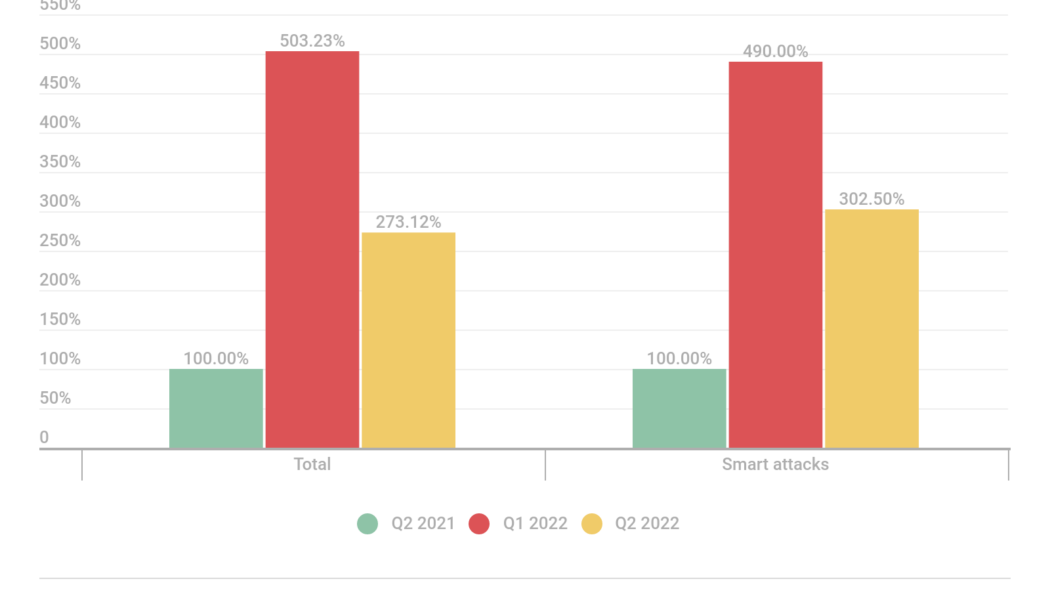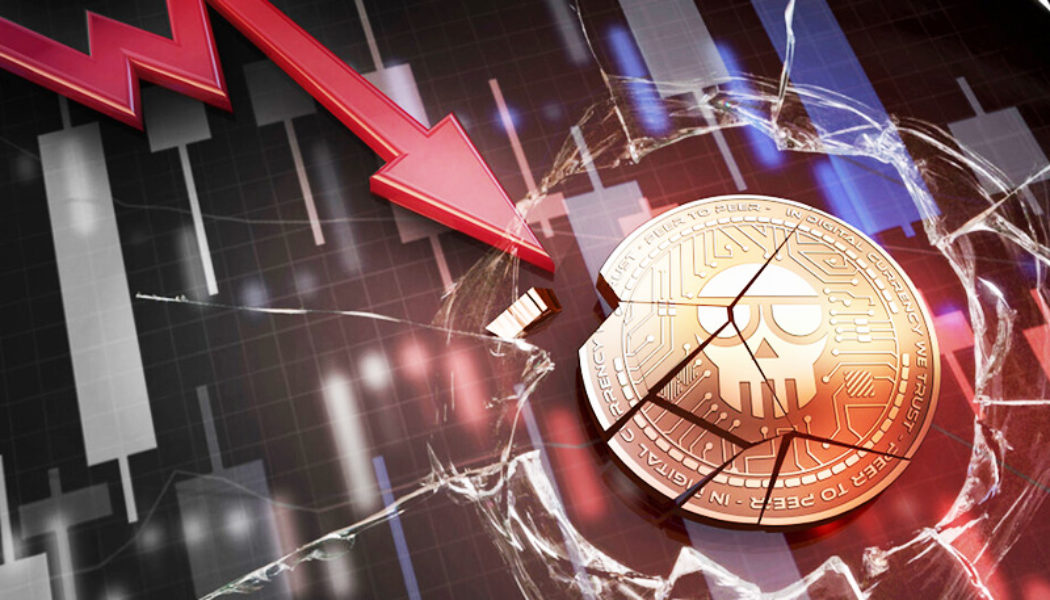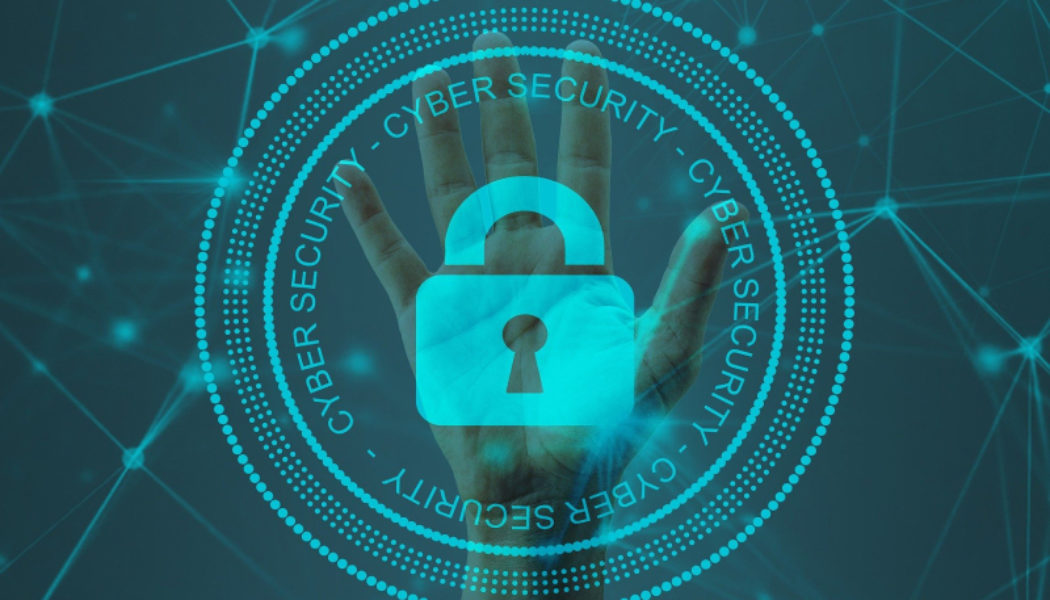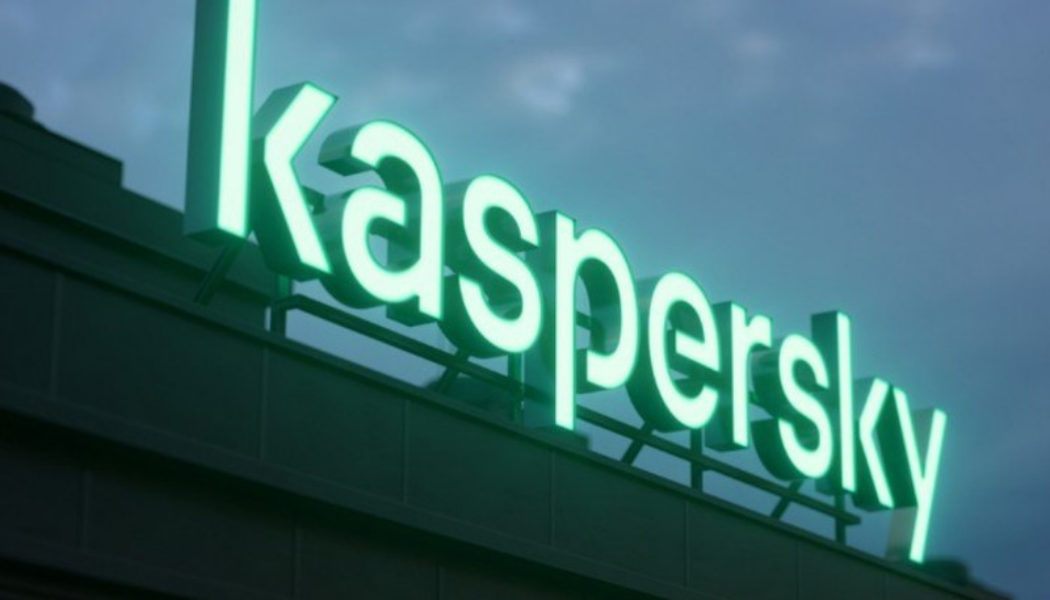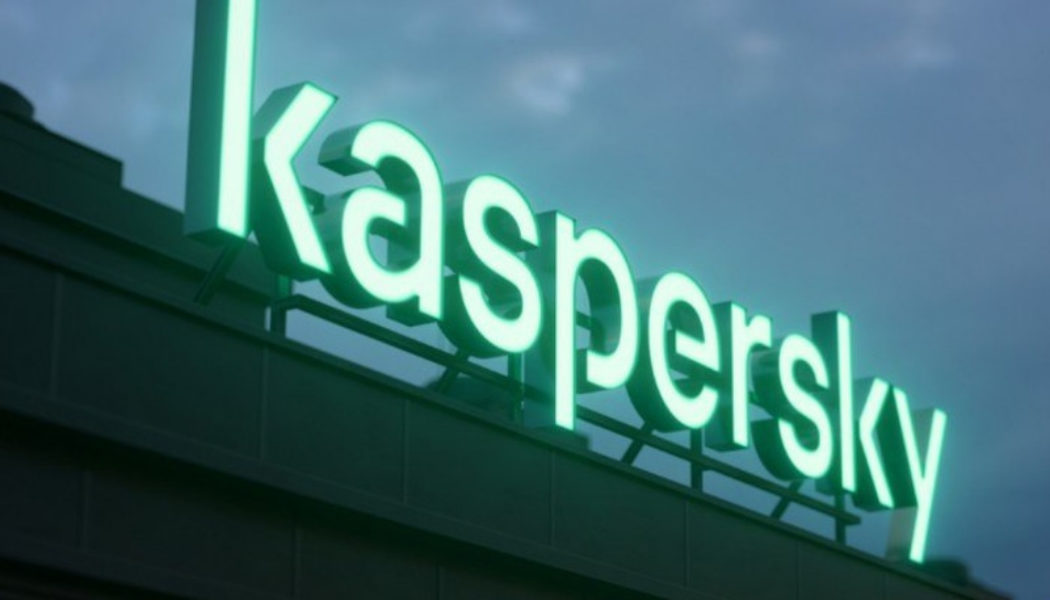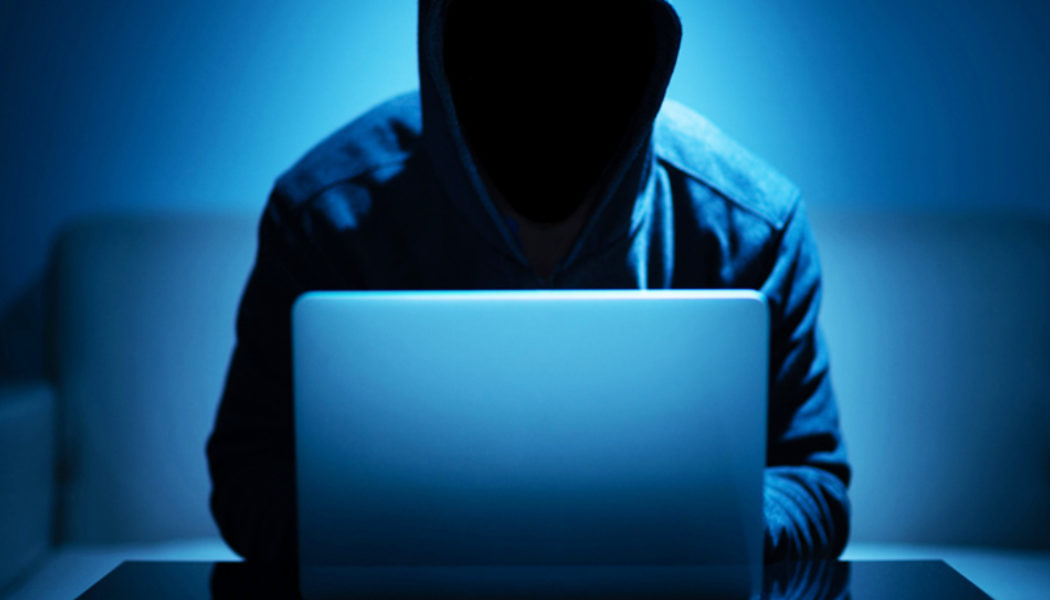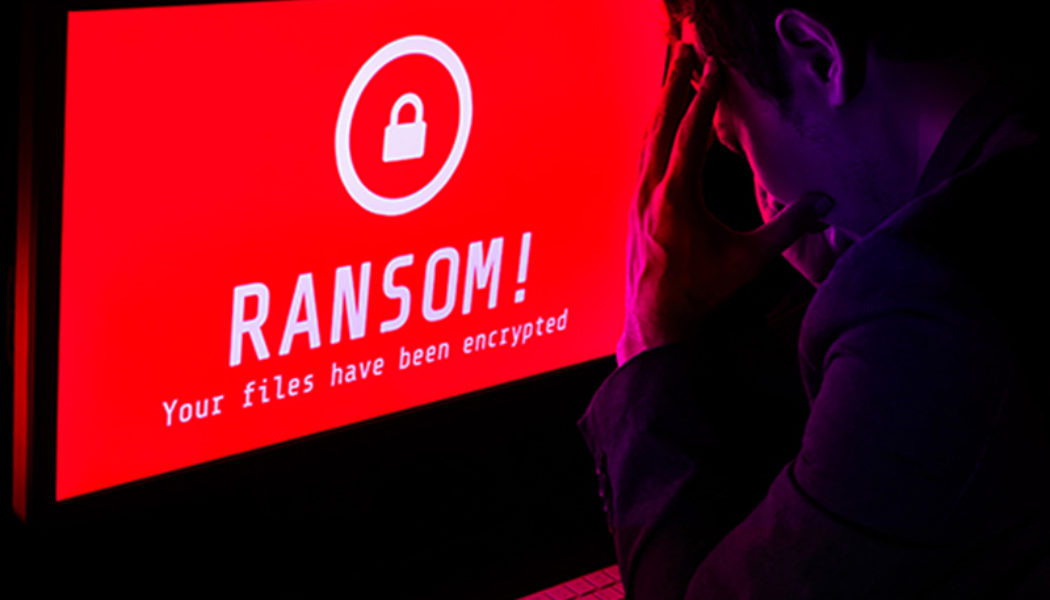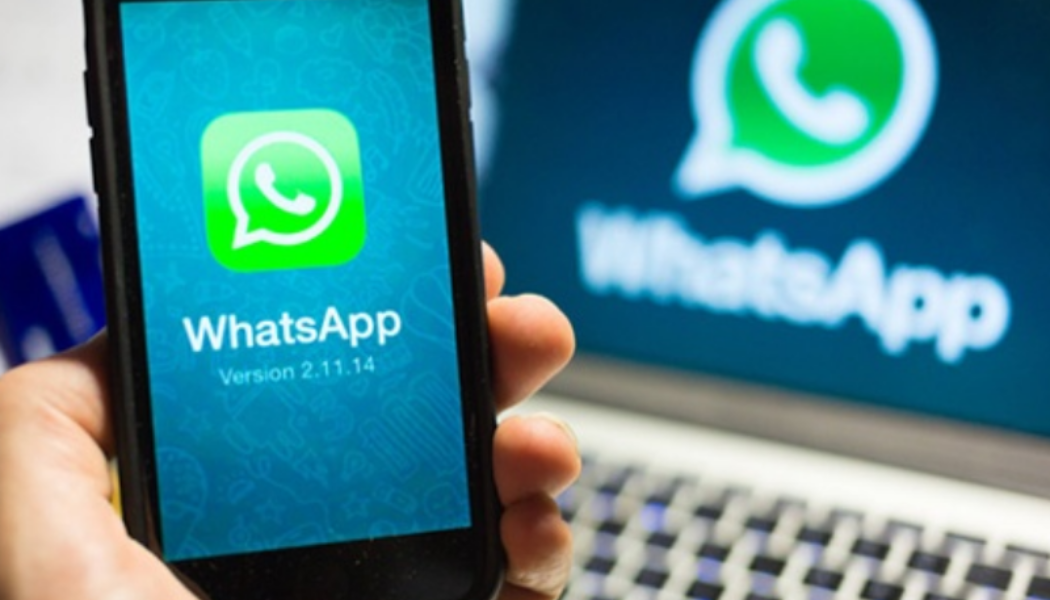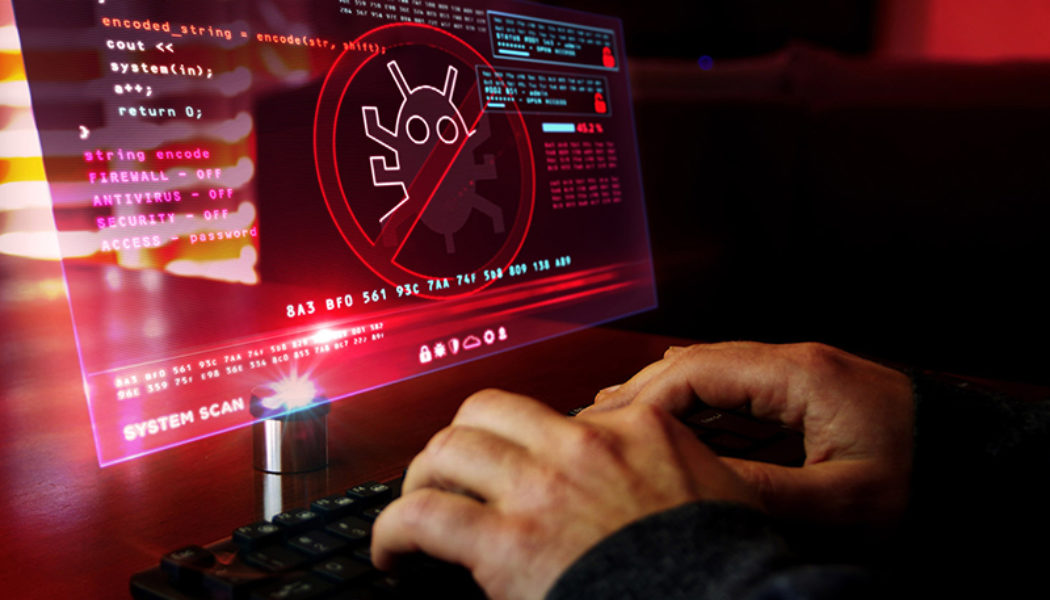Kaspersky cybersecurity
The Crypto Collapse & Rising DDoS Smart Attacks
Image sourced from Shutterstock. During Q2 2022, Distributed Denial of Service (DDoS) attacks reached a new level as the share of smart attacks and average duration saw steep increases. Compared to the previous year, the average duration of a DDoS attack rose 100 times, reaching 3,000 minutes. The share of smart attacks almost broke the four-year record, accounting for nearly 50% of the total. Experts also expect an increase in overall DDoS activity, especially with the recent collapse of cryptocurrency. These and other findings are part of a quarterly DDoS report issued by Kaspersky. A Distributed Denial of Service (DDoS) attack is designed to hinder the normal functioning of a website or crash it completely. During an attack (which usually targets government institutions, retail or ...
These Are the Cyber Dangers Still Faced by SA’s SMEs
Image sourced from Pixabay Internet security provider Kaspersky says that small to medium-sized enterprises (SMEs) and other small businesses in South Africa are still facing many threats from cyber criminals and threat actors. What’s worse is that many small business owners do not use or believe it important to use cybersecurity services to secure their businesses. As commerce is moving ever continually online, this disregard for IT security continues to be exploited by cybercriminals. Kaspersky researchers assessed the dynamics of attacks on small and medium-sized businesses between January and April 2022 and the same period in 2021, to identify which threats pose an increasing danger to entrepreneurs. Cyber Threats Still Being Faced by SMEs in South Africa: In 2022, the number of Trojan...
Italy Investigates Russia’s Kaspersky for Allegedly Launching Cyberattacks
Sourced from Hypertext On Friday, Italy’s data watchdog said it is investigating Kaspersky, a Russian multinational cybersecurity company, for launching cyberattacks. According to The Guardian, the agency says it followed “alarms sounded by many Italian and European organisations specialised in computer security” over the potential use of Kaspersky software for hacking assaults in the wake of Russia’s invasion of Ukraine. The agency reportedly asked the company to provide details on the number and profiles of Italian users and whether their data was being transferred to Russia or elsewhere. Reuters reported that Germany’s British Standards Institution (BSI) also warned users of the antivirus software, saying the company could be coerced by Russian government agents to hack IT systems abroa...
When Ransomware Strikes, Can You Recover Fast Enough?
Sourced from Kaspersky Ransomware attacks have become increasingly common, and they are even available on the dark Web to purchase as a service. There have been many incidents in the news, where major companies have been left with little choice other than to pay the ransom to get their data back, often amounting to hundreds of thousands of dollars. The reality is that ransomware and other cyberattacks have become a question of when not if. The ability to respond and recover quickly has therefore become an essential part of successful ransomware defence, but it is something many organisations, especially in South Africa, struggle with. Consider Some Statistics The State of Ransomware report from security firm Sophos reveals that, over the last year, the average cost of remediating a ransomw...
Malware Attacks in Africa Reach 85-Million in 6 Months – Kaspersky
Image sourced from Sectigo. According to research performed by cybersecurity firm Kaspersky, malware is rife across Africa with various countries exhibiting strong growth in all malware types in the first half of 2021 when compared to the same period last year. This is a 5% increase in the region, as cybercriminals and hackers continue to focus on African countries considering digital transformation advancements and the increase in remote working resulting from the COVID-19 pandemic. Overall, 4 countries account for 85 million attacks, with South Africa being the most targeted (32-million attacks), followed by Kenya (28.3-million), Nigeria (16.7-million) and Ethiopia (8-million). All countries but Kenya saw the relative growth of all malware attacks. Ethiopia and Nigeria have seen an incre...
- 1
- 2


